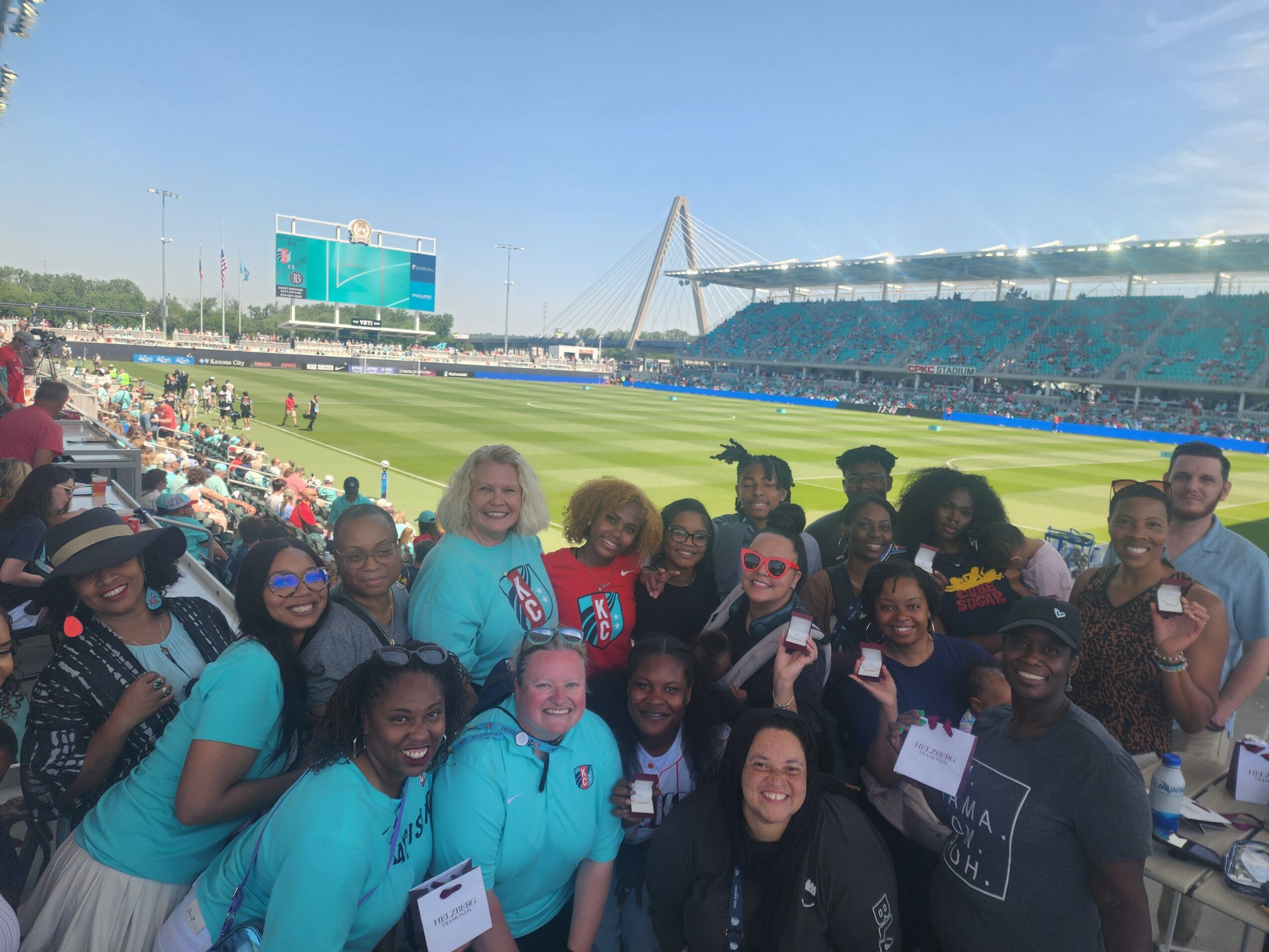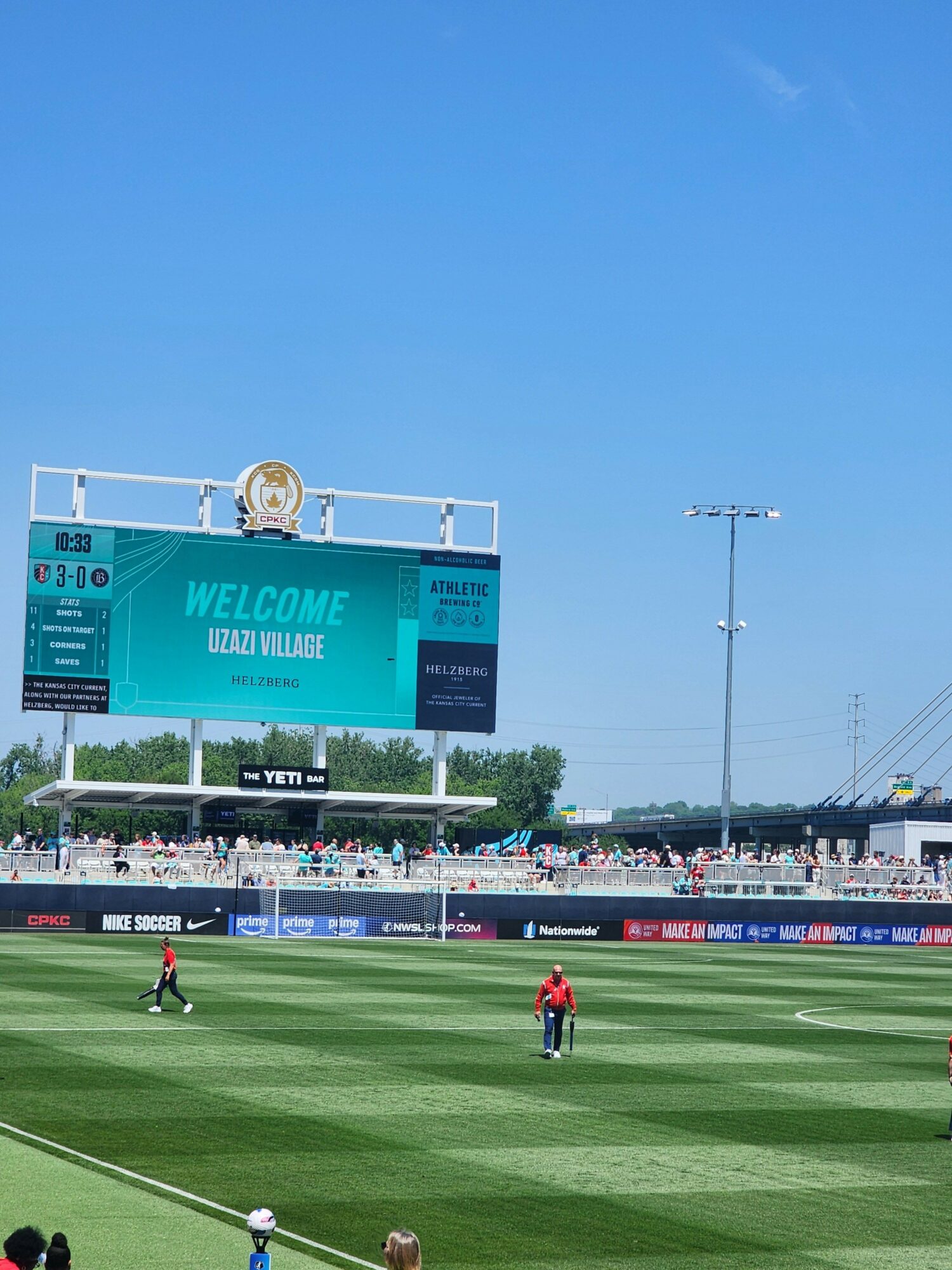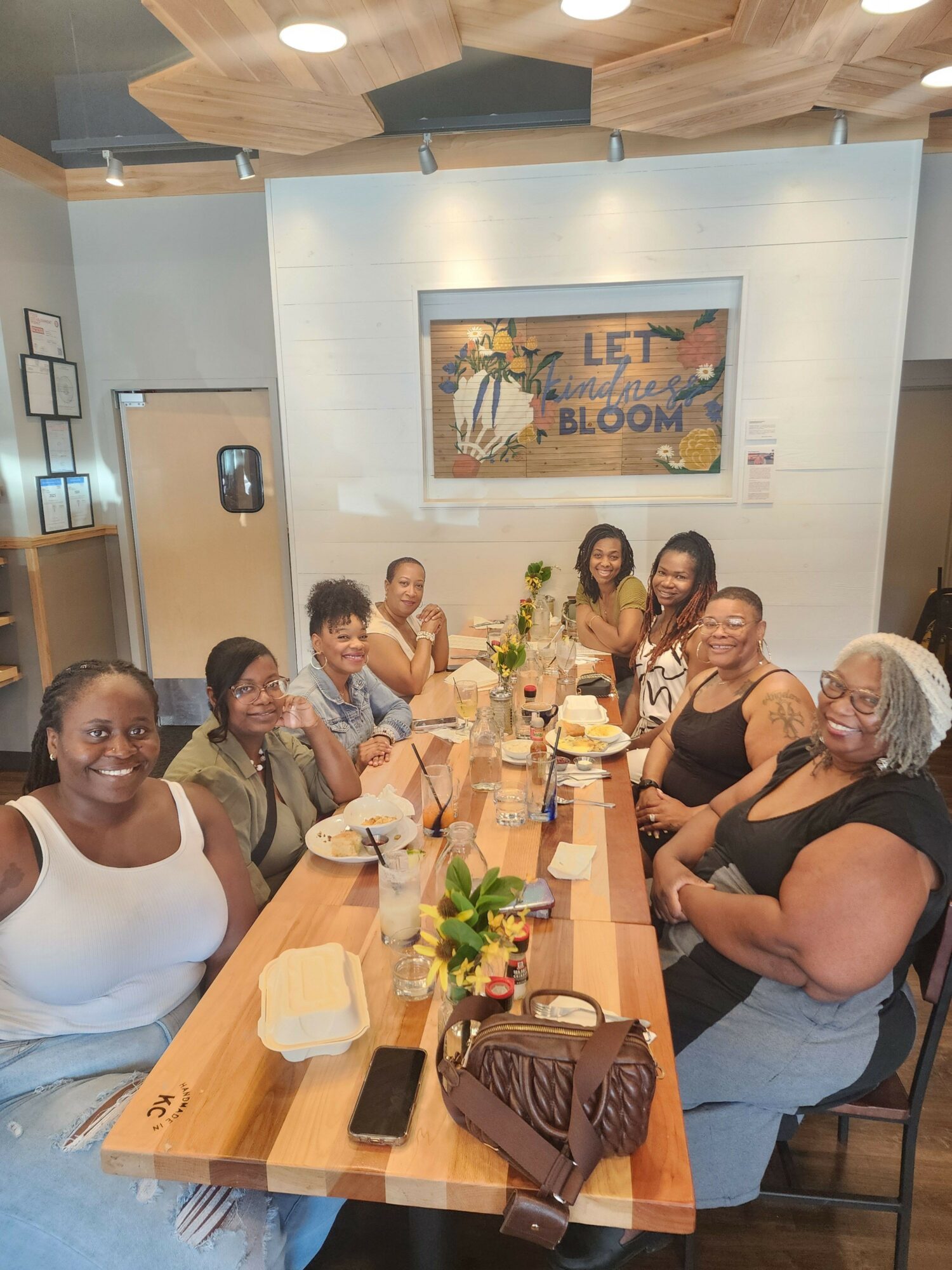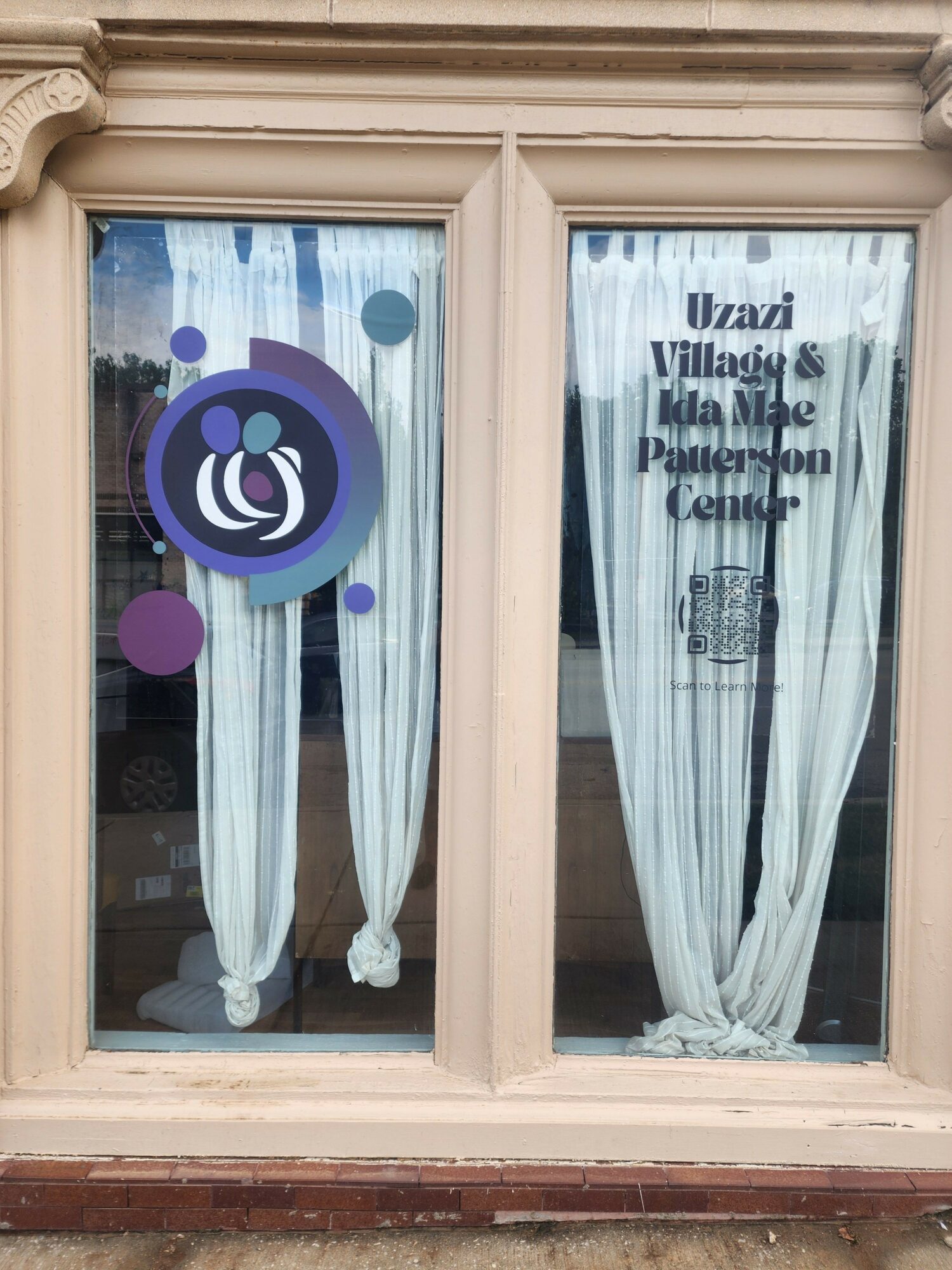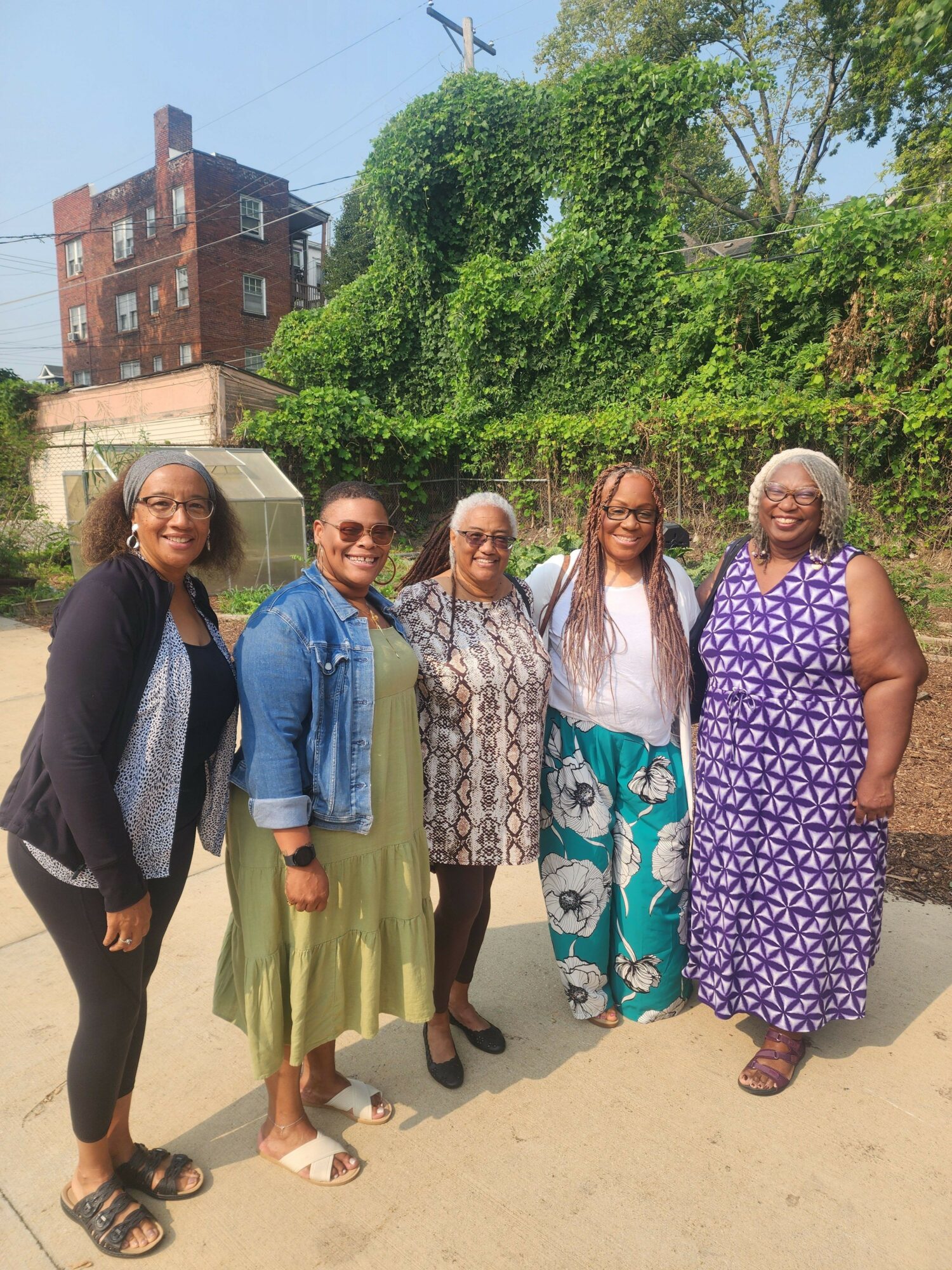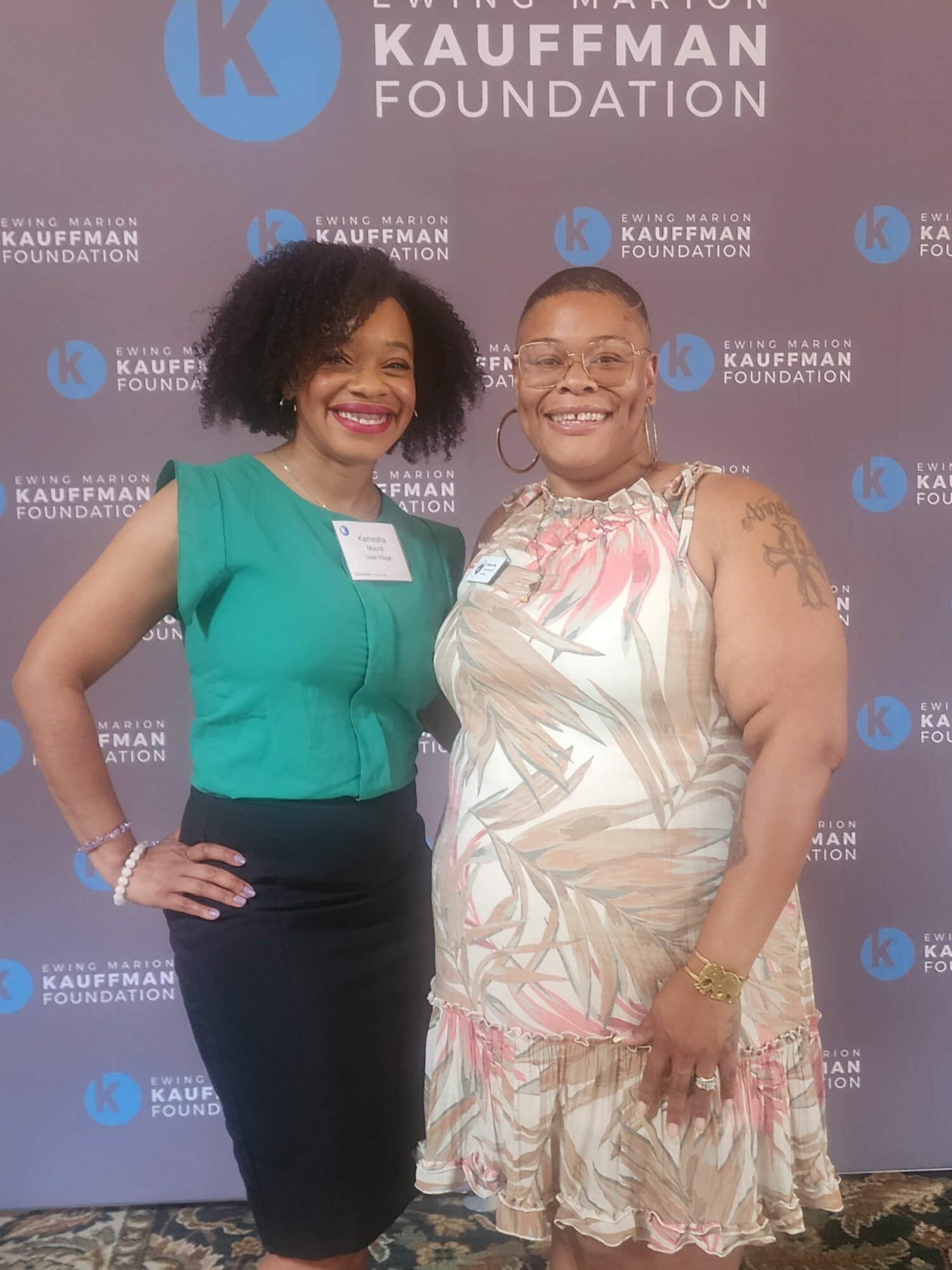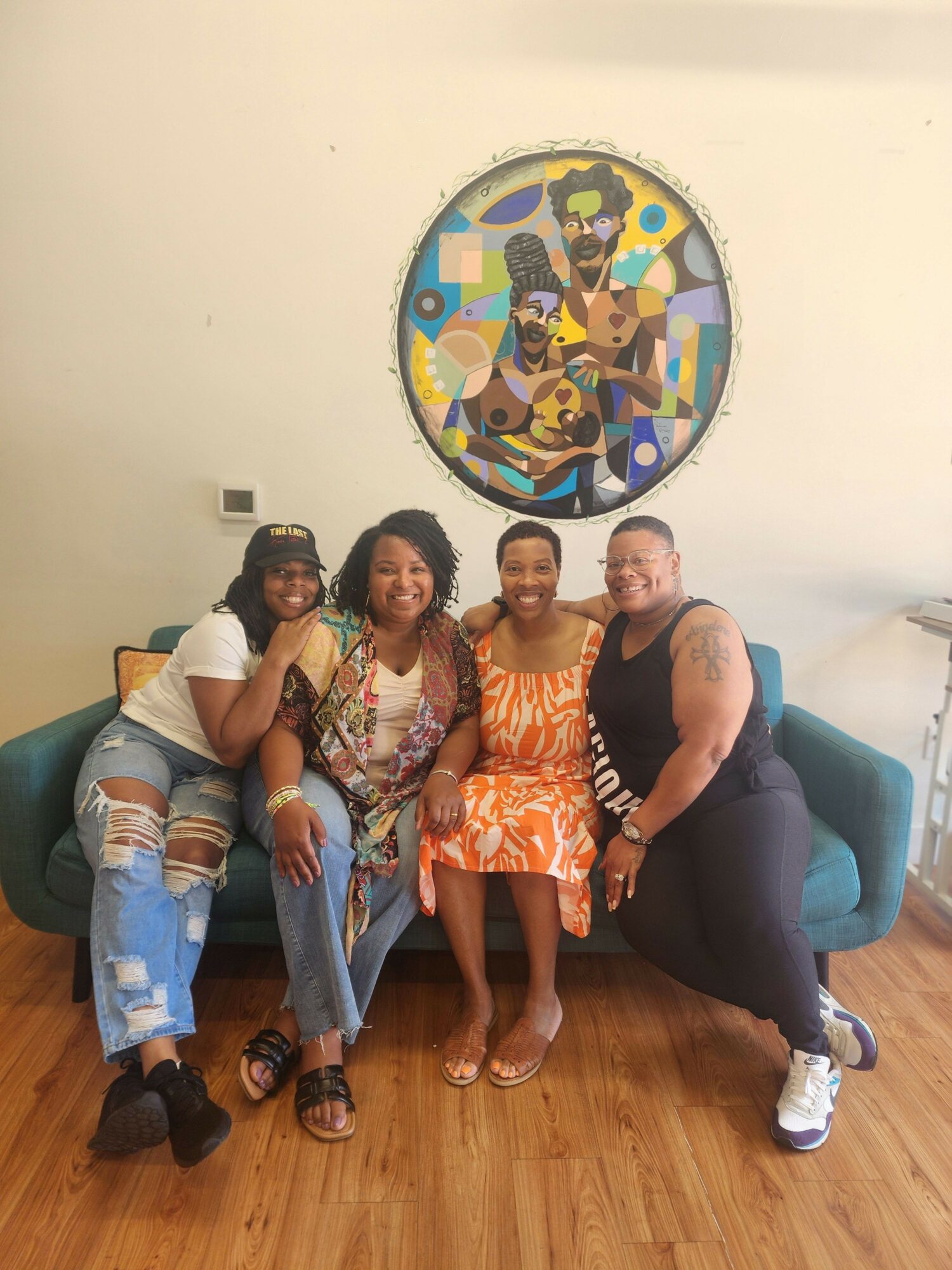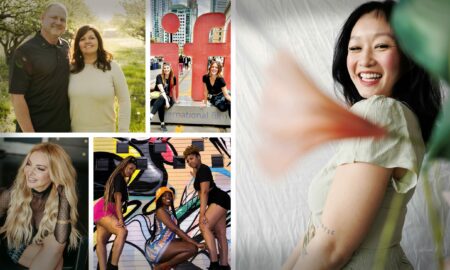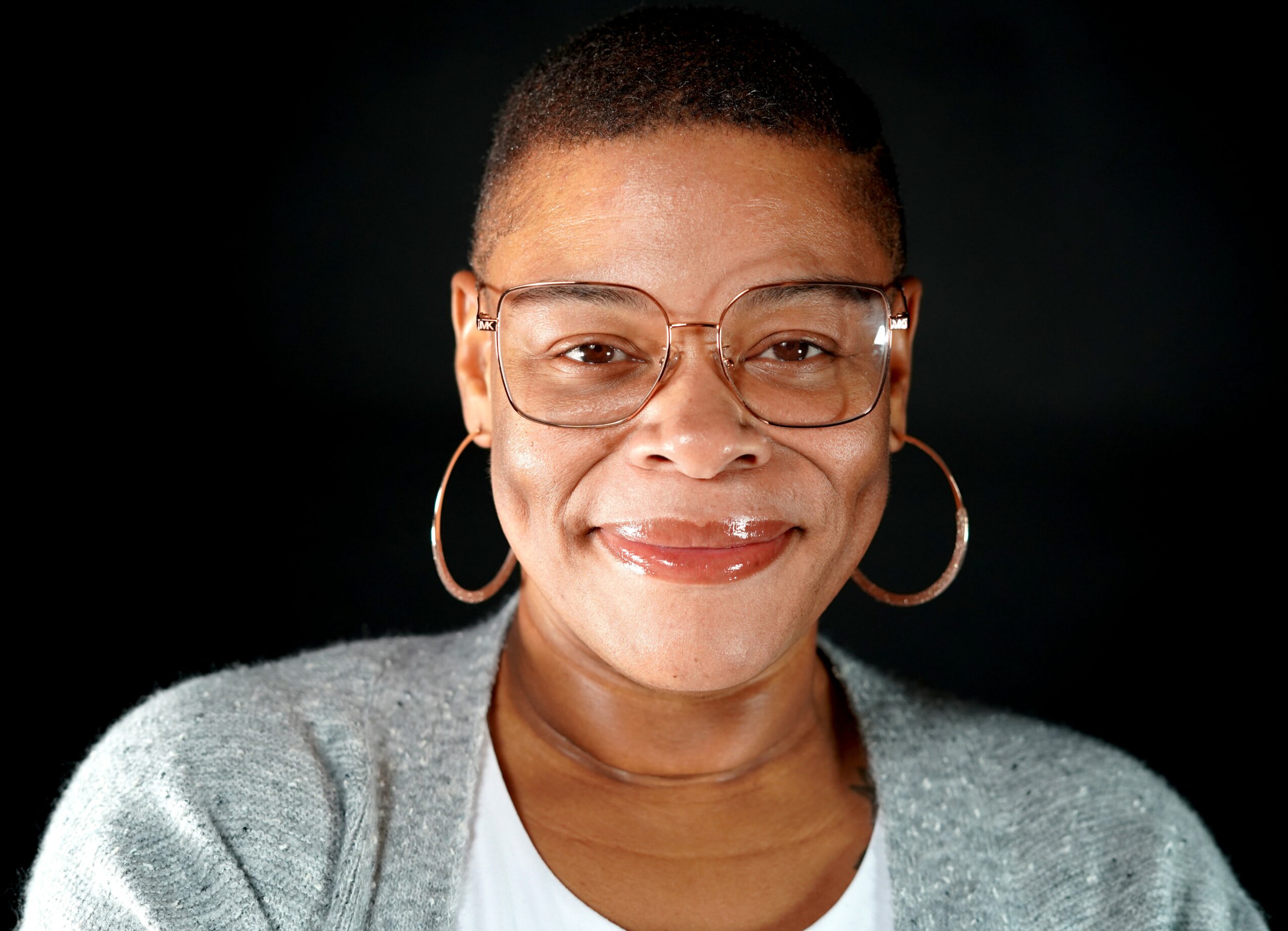

Today we’d like to introduce you to Shalese Clay.
Hi Shalese, so excited to have you with us today. What can you tell us about your story?
I started this work over a decade ago because I saw firsthand the devastating maternal and infant health disparities impacting Black families in my community a community that reflected me and my own birthing experience. That personal journey fueled my commitment to create spaces where people could be heard, supported, and respected in their birthing and parenting journeys.
In 2019, I founded Elevating My Community Inc, which went on to launch initiatives like Dope Black Dads KCK, Queens Village Metro KC, and the WyCo Melanin Breastfeeding Coalition. Each of these programs was rooted in the belief that culturally relevant, community-driven solutions are essential to improving health outcomes.
Over the years, I’ve worked alongside families, advocates, and health leaders to not only provide services but also push for systems change helping shape policies, build partnerships, and secure resources that make a tangible difference.
In 2024, I stepped into my current role as President and CEO of Uzazi Village, where I’m leading a new chapter of growth, including expanding our mental health supports, strengthening our doula training and education, and building sustainable structures so our work can impact more families for generations to come.
For me, this is more than a job it’s a calling. Every project, partnership, and conversation is about making sure Black, Brown, and underserved families are seen, valued, and cared for with dignity.
We all face challenges, but looking back would you describe it as a relatively smooth road?
The road has definitely not been smooth, and that’s part of what makes this work so real and necessary. One of the biggest struggles has been navigating the systemic barriers that exist in healthcare and funding, especially for organizations led by and serving Black communities.
We’ve faced challenges securing consistent, long-term funding for essential but often overlooked roles like program coordination, data evaluation, and mental health services. Additionally, building trust within the community takes time and patience, especially when many families have experienced trauma and disparities in care for generations.
A recent and deeply concerning challenge is the closure of Research Medical Center’s labor and delivery unit. This reduces accessible, culturally competent care options for Black and Brown moms and babies in our area, and sadly, it means we will likely see even more preventable deaths in these communities. This makes our work even more urgent and critical.
On a personal level, balancing the emotional weight of this work knowing the lives at stake and managing organizational growth with limited resources has been difficult. But those challenges have only deepened my commitment to creating sustainable, culturally responsive programs that can truly make a difference.
Each obstacle has been a lesson, and it’s inspired me to lean into collaboration, creativity, and resilience alongside the incredible team and community partners we have.
Can you tell our readers more about what you do and what you think sets you apart from others?
At Uzazi Village and through my broader work with Elevating My Community Inc., I specialize in advancing maternal, paternal, and infant health with a strong focus on Black and Brown families. My approach centers on creating culturally relevant, community-driven programs that not only provide direct support but also address systemic barriers to equitable care.
I’m most proud that I have been able to create safe Black spaces for many years in a variety of settings, not just within the healthcare system. These spaces have allowed families to feel seen, heard, and supported. The relationships built through this work have helped push important initiatives, raise awareness, and foster community leadership.
What sets us apart is this deep community connection paired with culturally grounded care. We don’t just provide services we build trust and empowerment, which makes our work impactful and sustainable.
Can you talk to us about how you think about risk?
I view risk-taking as an essential part of growth and creating meaningful change, especially in community work where the status quo often isn’t serving the people we aim to support. For me, calculated risks are about stepping into uncertainty with a clear purpose and a willingness to learn, adapt, and persevere.
Starting a nonprofit was not originally on my list it wasn’t something I planned for but I took the leap because I saw a critical need for safe, culturally specific spaces for Black families that weren’t being met. Founding Elevating My Community Inc. and launching initiatives like Dope Black Dads KCK was a major risk, leaving behind the comfort of more traditional roles to start something new in underfunded, overlooked areas.
Being a Black woman in spaces that were not originally intended for me has been both a challenge and a motivation. I’m here pushing boundaries, creating space where there wasn’t any before, and demanding that our voices and experiences be centered. That reality has shaped how I approach risk with resilience and determination to not only show up but to lead and transform.
Another risk has been advocating for mental health integration in maternal health, an area that historically hasn’t received enough attention or funding. Pushing these initiatives forward requires challenging systems and asking for resources in spaces that aren’t always ready to prioritize these needs.
I don’t see risk-taking as reckless but as intentional and rooted in commitment to the community. It means being vulnerable, embracing failure as a learning opportunity, and staying focused on the vision even when the path isn’t clear.
Contact Info:
- Website: https://uzazivillage.org
- Instagram: https://www.instagram.com/uzazivillage/
- Facebook: https://www.facebook.com/UzaziVillage
